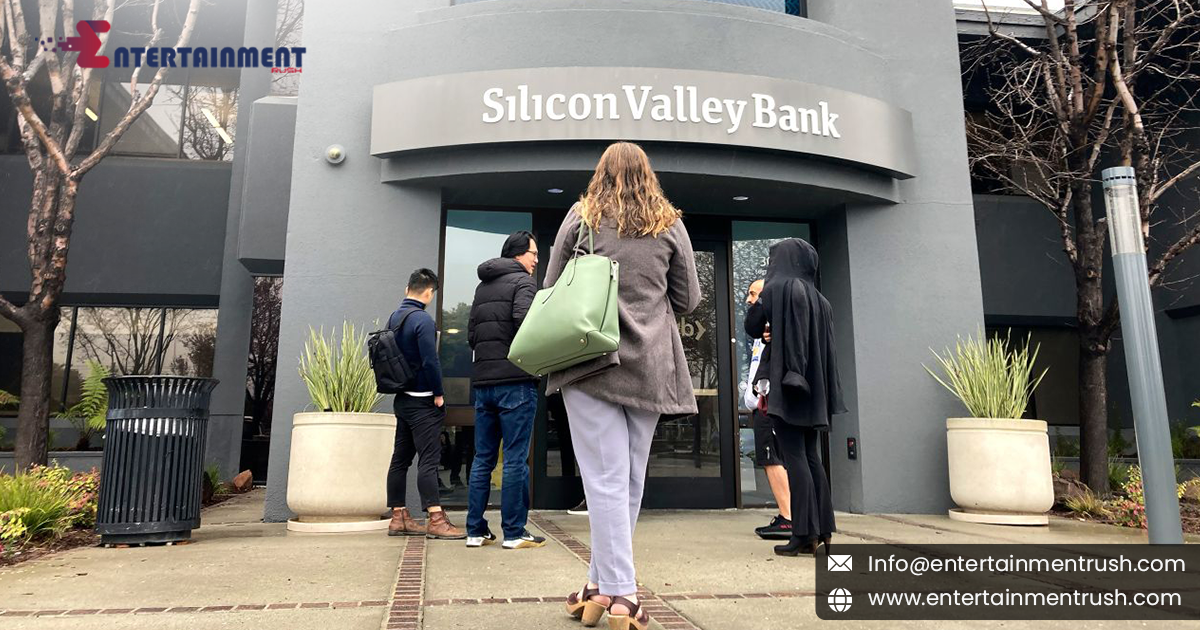The thought of a bank collapsing can send shivers down the spine of anyone with savings or investments tied up in financial institutions. Given the vital role banks play in our daily lives, from holding our paychecks to managing our loans and mortgages, understanding what happens when a bank collapses is crucial. Will you get your money back? Let’s delve into the process of a bank failure, the protections in place, and what steps you can take to safeguard your assets.
The Anatomy of a Bank Collapse
Banks can collapse for several reasons, including poor management, excessive risk-taking, or an economic downturn that leads to a surge in loan defaults. When a bank collapses, it means the institution is unable to meet its obligations, either because it has run out of cash or its liabilities far exceed its assets. This situation is often triggered by a run on the bank, where a large number of customers withdraw their deposits simultaneously, fearing the bank’s imminent failure.
The collapse of a bank doesn’t happen overnight. Typically, regulatory bodies such as the Federal Deposit Insurance Corporation (FDIC) in the United States monitor the financial health of banks and step in long before things get out of hand. However, if a bank is deemed insolvent, the regulators will move swiftly to either close the bank or find a buyer to take over its operations.
Will You Get Your Money Back?
The burning question for most people when a bank collapses is, “Will I get my money back?” The good news is that in many countries, including the United States, deposit insurance schemes are in place to protect your money.
In the U.S., the FDIC insures deposits up to $250,000 per depositor, per bank, for each account ownership category. This means that even if your bank collapses, you are guaranteed to get back up to $250,000 of your deposits. If your balance exceeds this limit, however, the fate of your excess funds may depend on how much the bank’s assets can be liquidated for.
The process of getting your money back typically begins quickly after a bank collapse. The FDIC usually acts as the receiver and either sells the failed bank to a healthier institution or pays out depositors directly. In most cases, customers have access to their insured deposits within a few days, often by the next business day.
What About Uninsured Deposits and Investments?
While FDIC insurance covers most traditional bank deposits like savings accounts, checking accounts, and certificates of deposit (CDs), it does not protect all financial products. For example, the FDIC does not insure investments such as stocks, bonds, mutual funds, and life insurance policies. If your bank fails, these investments are not covered, and you could potentially lose some or all of your investment, depending on the situation.
For uninsured deposits those exceeding the $250,000 FDIC insurance limit—recovering your money depends on the resolution of the bank’s remaining assets. Typically, the FDIC will distribute these funds as it liquidates the bank’s assets, but this process can take time, and there is no guarantee that you will recover all of your uninsured deposits.
How to Protect Your Money
Understanding what happens when a bank collapses is key to protecting your assets. Here are some steps you can take to safeguard your money:
Stay Below Insurance Limits:
Keep your deposits within the insured limits by spreading your money across multiple banks or account ownership categories.
Monitor Bank Health:
Pay attention to the financial health of your bank. You can check the safety ratings of your bank through independent services or directly from regulatory reports.
Diversify Your Holdings:
Don’t keep all your money in one bank or one type of account. Diversifying your assets across different banks and investment types can reduce your exposure to risk.
Consider Treasury Securities:
U.S. Treasury securities, like bonds and notes, are backed by the full faith and credit of the U.S. government and are considered one of the safest places to park your money.
Review FDIC Coverage:
Make sure you understand the specifics of FDIC coverage, including the types of accounts insured and the coverage limits.
Final Thoughts
A bank collapse is a rare but serious event that can have significant consequences for account holders. However, thanks to deposit insurance programs like the FDIC, most depositors can rest assured that their money is safe up to certain limits. By staying informed and taking proactive steps to protect your assets, you can minimize the impact of a bank failure on your financial well-being.
So, what happens when a bank collapses? With the right precautions and a solid understanding of the protections in place, you can confidently answer, “Will you get your money back?” with a reassuring “Yes.”
